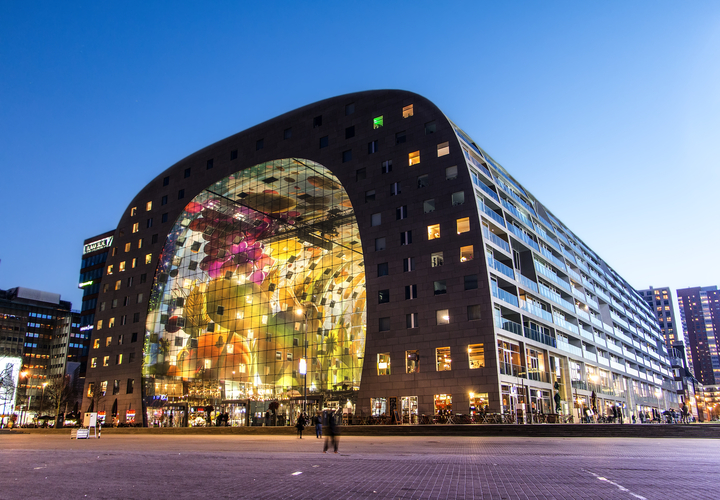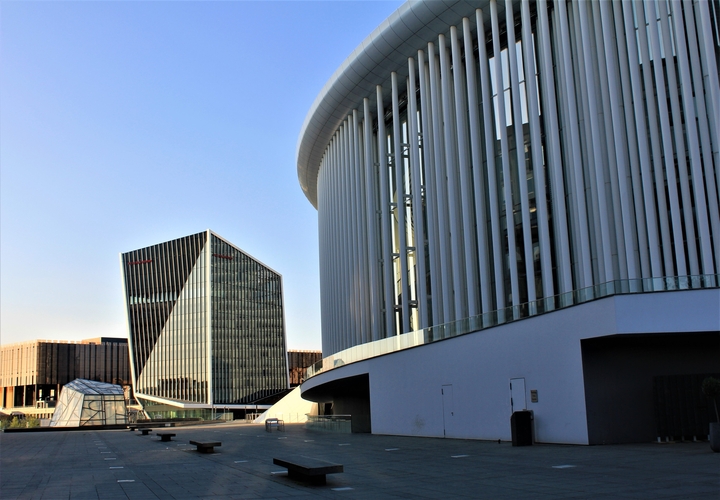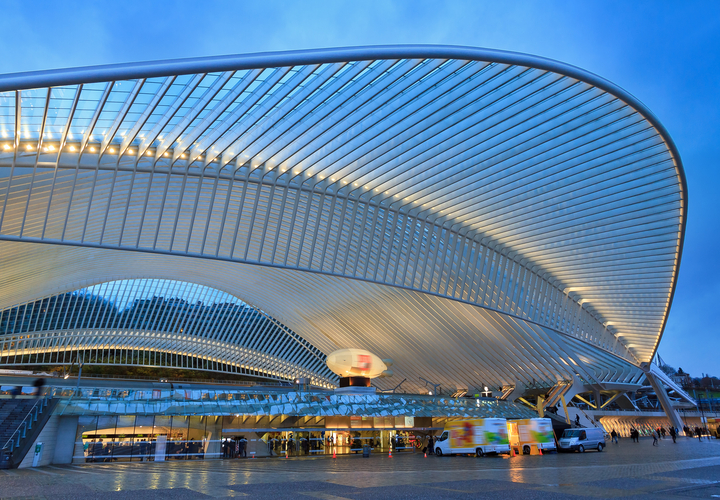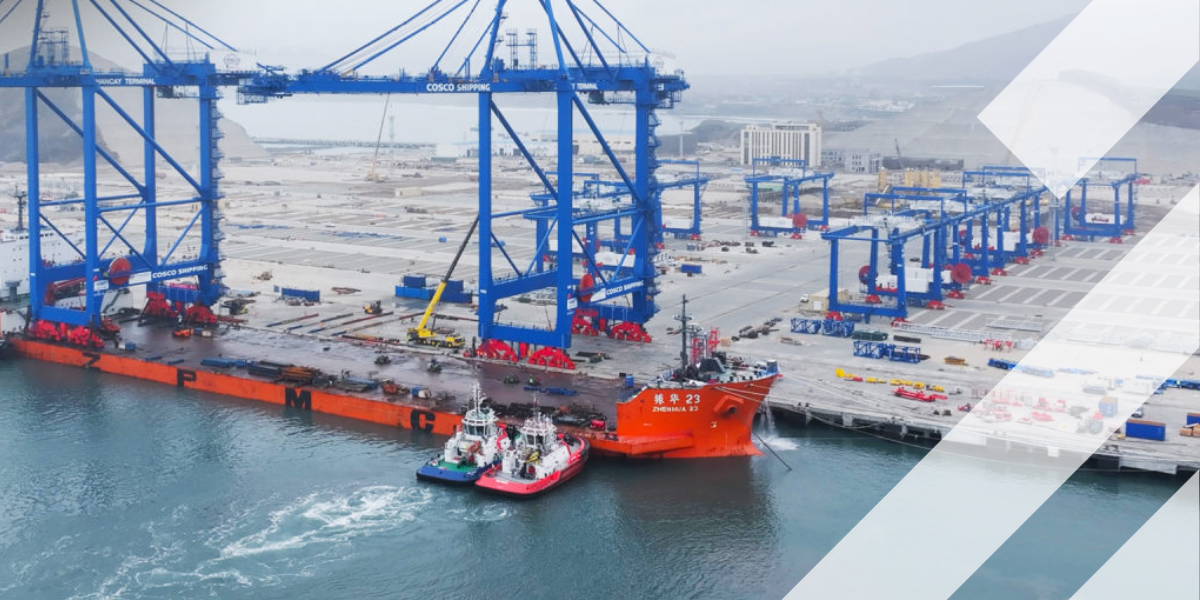A SOUND INVESTMENT: The opportunities afforded by the InvestEU program.

The Recovery and Resilience Facility (RRF), the key instrument of the EU’s NextGenerationEU plan has been set up to provide up to €800 billion in grants and loans to support investments and reform measures which will enable Member States to strengthen their economies after the pandemic. Similarly, the European Investment Bank Group (EIBG) and the European Commission have recently unveiled the InvestEU program of over €372 billion of investment in the EU. InvestEU will cover investments including sustainable infrastructure, research, innovation and digitization and is a demand-driven instrument that will provide repayable financing support (debt, equity) to a variety of eligible projects through implementing partners such as the EIBG, the European Bank for Reconstruction and Development (EBRD) and other National Promotional Banks. Supporting sustainable infrastructure, energy efficiency and clean transport are among InvestEU’s top priorities. Cities participating in the Cities Mission could therefore seek InvestEU supported financing for their green projects.
InvestEU will cover investments including sustainable infrastructure, research, innovation and digitization and is a demand-driven instrument that will provide repayable financing support
CITIES ON A MISSION

For the second phase of the Cities Mission, as of 2024, the Commission is considering setting up a new Cities Mission Blending Facility to support cities with the ambition of becoming climate-neutral by 2030. The Mission Board has been advised to set up a new lending and blending facility, co-financed by Horizon Europe and InvestEU, via the EIBG, the EBRD, National Promotional Institutions, private investors and foundations to effectively support the Cities Mission and the implementation of the Climate City Contracts (CCC). This facility could be a joint effort between the Commission and the EIBG and potentially other national and international financial institutions and would be supported through InvestEU, in particular the “Research Innovation and Digitalisation” and “Sustainable Infrastructure” windows.
The Commission is considering setting up a new Cities Mission Blending Facility to support cities with the ambition of becoming climate-neutral by 2030

The EIB Group will continue to deploy a range of financing structures that contribute to smart and green urban development. These include urban framework loans which can focus on climate investment, and which co-finance multi-sector investments across a four-to-five year time slice of a city’s multi-annual investment programme.
Larger single investments are made into major projects such as urban public transport projects (i.e. investment loans). The majority of the investment needs will have to be covered by private investors (individuals, companies, commercial banks, other private investors). InvestEU and other EU Programmes can bolster future investments across the EU to help mobile private investments and provide advisory services to projects and operators in the area of sustainable infrastructure and mobile assets, as well as support innovative companies and SMEs in the areas of smart and sustainable mobility.
Thanks to Margaret A Pettit, CLEMATIS Consulting, for her invaluable help in the compilation of this article.
clematisconsulting@btinternet.com


